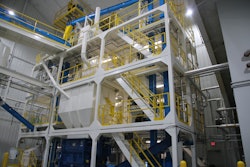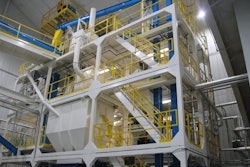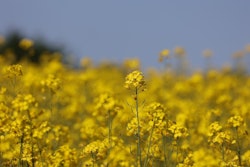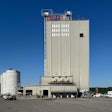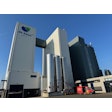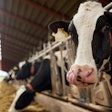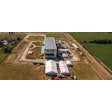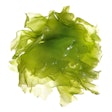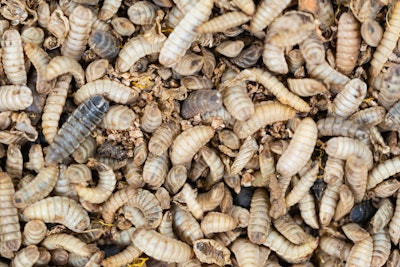
Enorm Biofactory celebrated the grand opening of the largest insect factory in Northern Europe on December 6.
The newly constructed factory in Eastern Jutland, Denmark, can produce more than 10,000 tons of insect meal annually, using byproducts from the food industry. The factory covers 22,000 square meters and can process 100 tons of larvae per day.
The locally produced insect proteins have the potential to replace other kind of imported proteins. Insect meal can also substitute highly digestible animal protein sources such as fish meal, making it applicable in livestock production and the fishing industry. Through byproducts from the food industry, Enorm Biofactory upcycles low-value products into high-value proteins. Ultimately, the goal is to incorporate insects into food products.
“Today, we celebrate several years of hard work, where skilled colleagues and numerous partners have made this project possible. Now, the next phase begins, where we need to scale up the production to full operation,” said Carsten Lind Pedersen, co-founder and CEO of Enorm Biofactory.
The construction of the insect factory has been underway since 2022, with various stakeholders, including the agricultural company DLG, which became co-owner of Enorm Biofactory.
“This project is a textbook example of the direction our business is moving towards,” said Jesper Pagh, group chief operating officer at DLG. “Enorm Biofactory is a fantastic story of Danish innovation that can provide alternative protein sources for farmers. Now, we look forward to the production getting underway and being commercialized.”
Upcycling from food industry
Insect meal and insect oil, which have already shown promising results in test trials on farms, are produced from the black soldier fly. These flies mate and lay eggs, which hatch into larvae. The larvae are fed primarily through byproducts from the food industry. After approximately 12 days, the larvae are processed into oil and protein.
“We are now ready to receive large quantities of byproducts from the food industry,” Pedersen said. “A prime example is Arla Foods Ingredients P/S, which can reduce their food waste by 16% from their factory, Danmark Protein, in Videbæk. This is because byproducts from production are upcycled into feed instead of being sold for biogas. We hope that more Danish food producers will take responsibility for recycling nutrients through larvae because circularity is one of the keys to developing a sustainable food industry.”
DLG also has high expectations for Enorm Biofactory’s products.
“Both in the short and long term, we see very interesting perspectives in insect production,” said Troels Møller Olesen, director of animal nutrition at DLG. “The initial results from our trials with both insect meal and insect oil show positive trends. We expect a potential where we have only seen the tip of the iceberg.”



